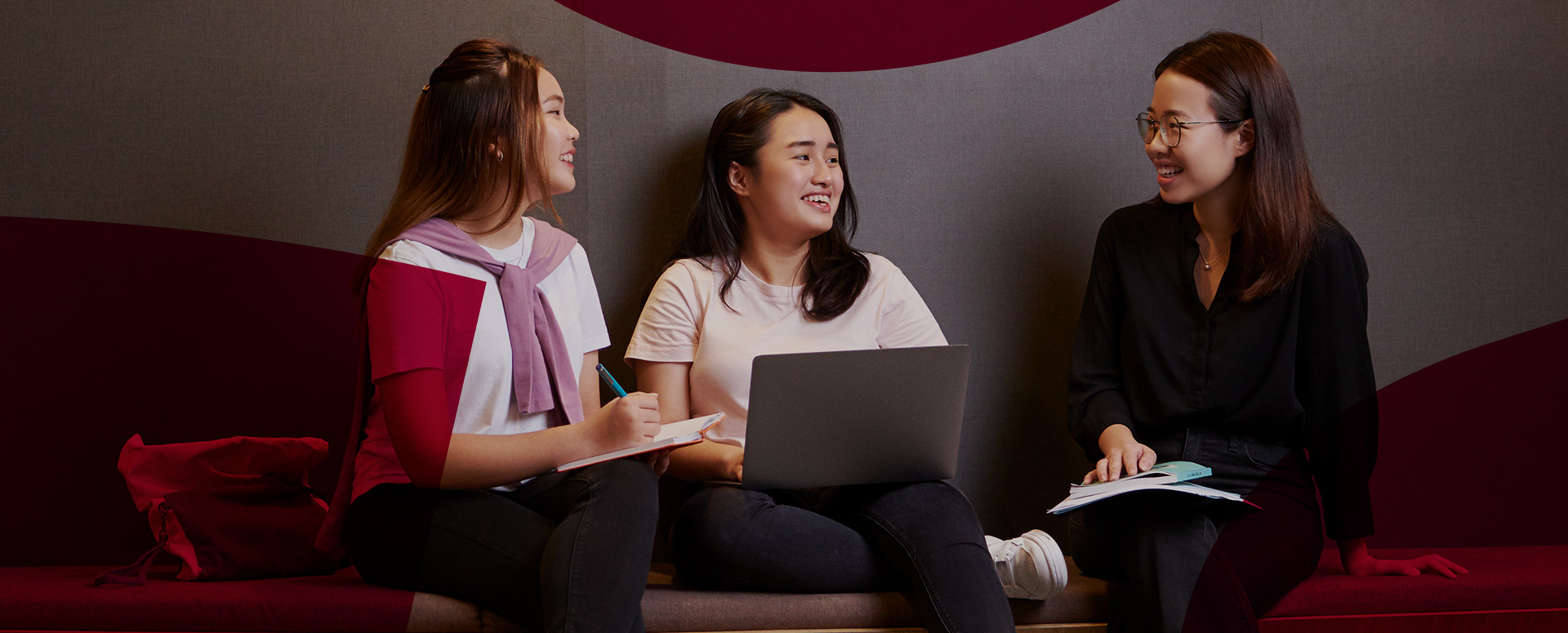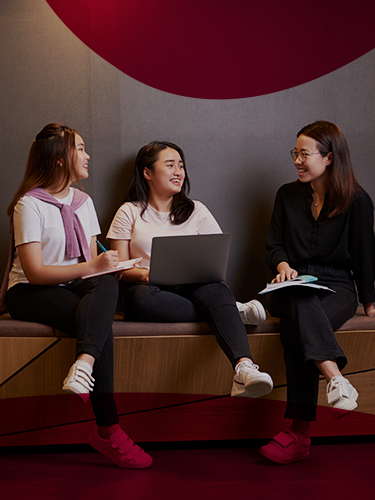-
Course Testimonials
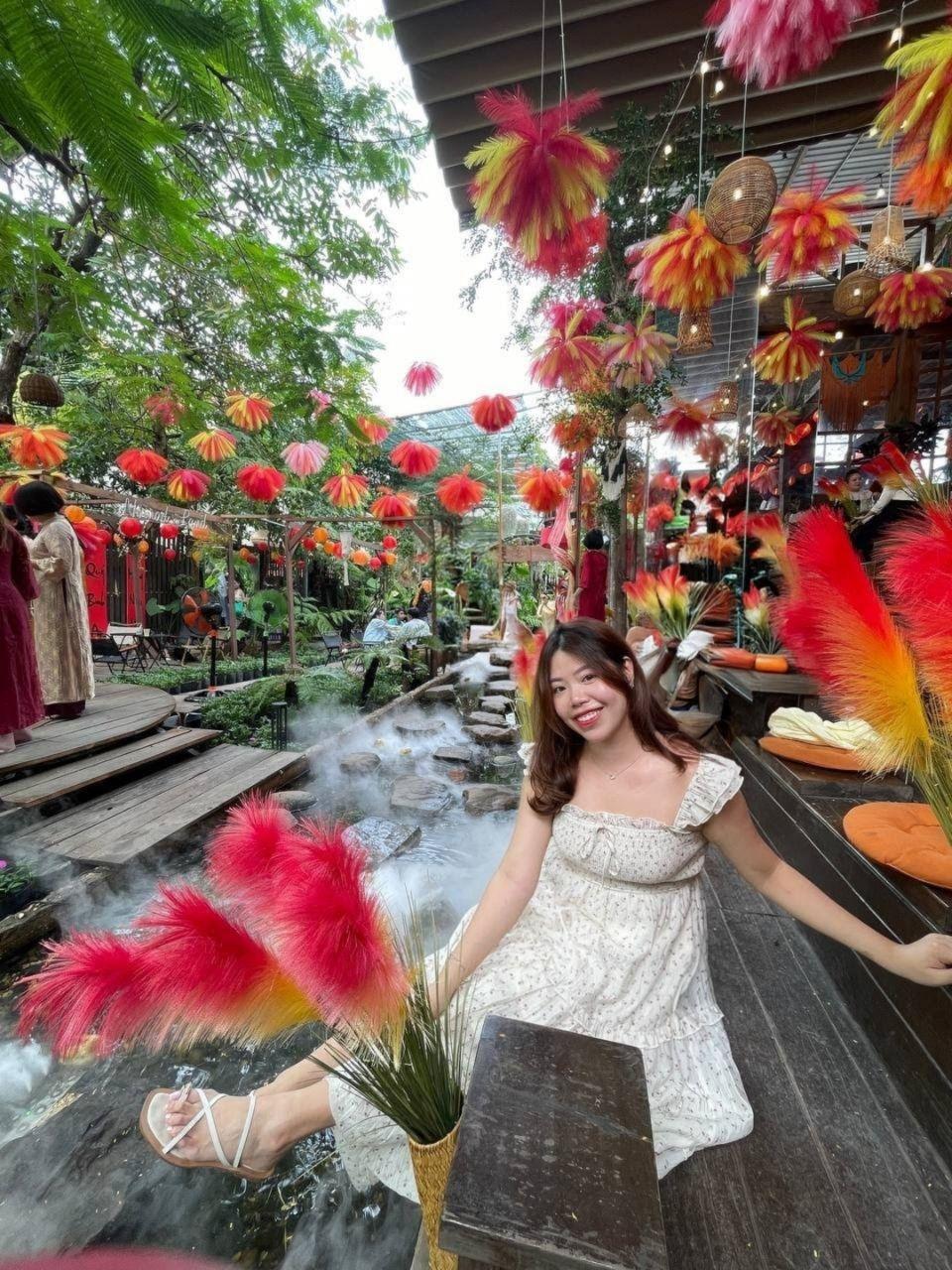
Carrie Pang
Bachelor of Arts with Honours in Global Business (Top-up)Coventry University -
Alumni Family
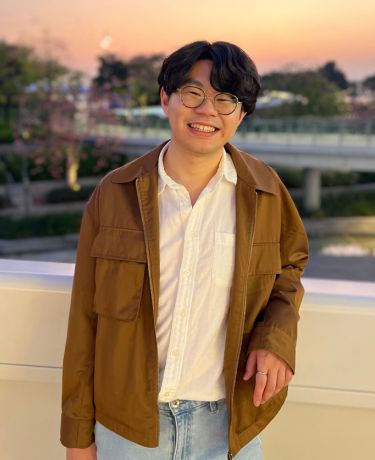
Yotsapat (Art) Lumlertluksanachai
Bachelor of Electrical and Electronic Engineering (Honours) -
Course Testimonials
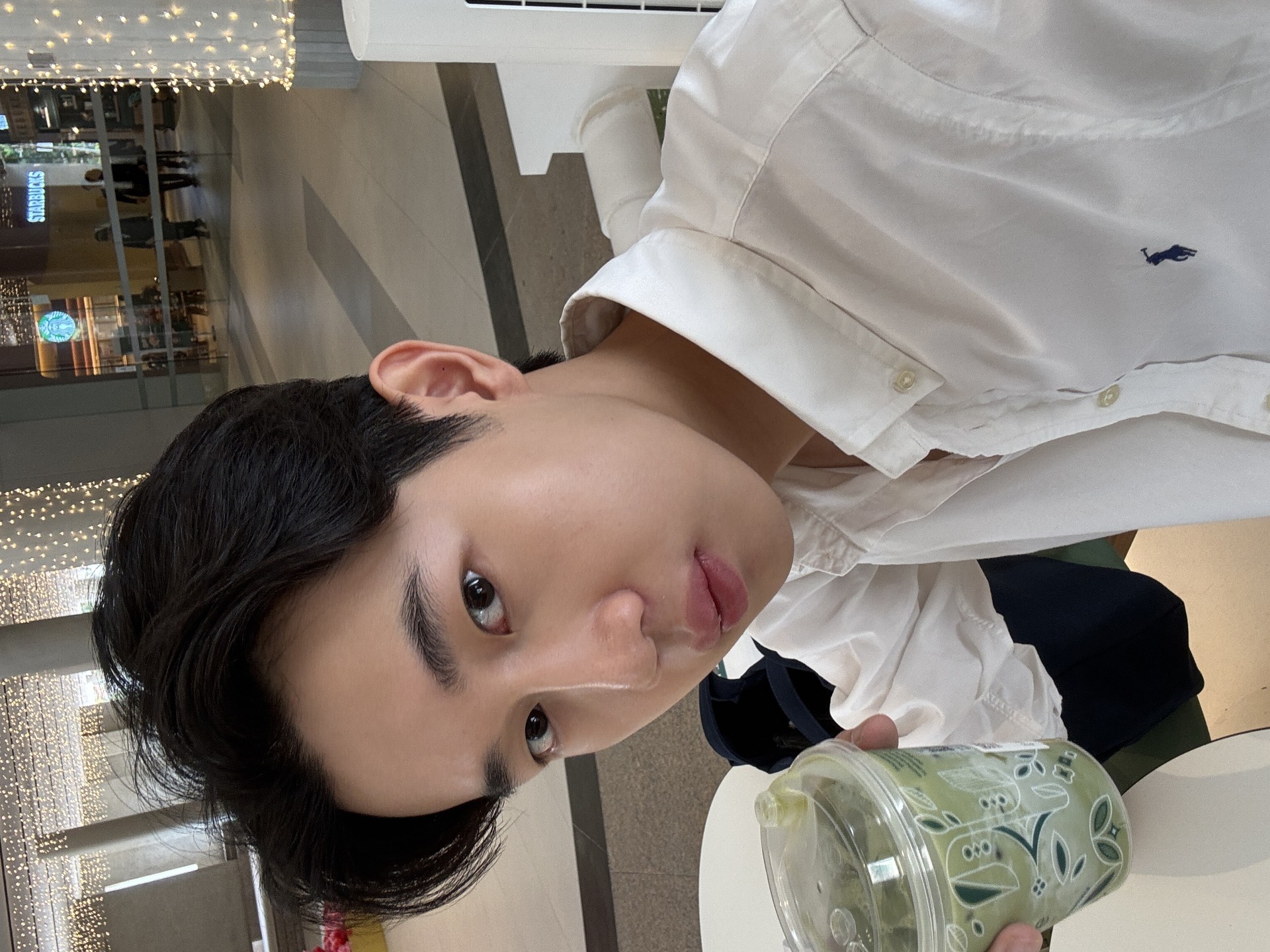
Davin Aristo Tanjaya
Diploma in Business AdministrationPSB Academy -
Alumni Family
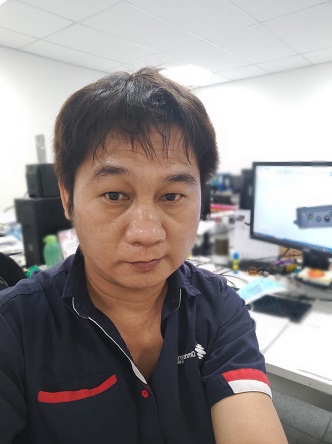
Ng Junn Howe
Bachelor of Mechanical Engineering (Honours) -
Alumni Family
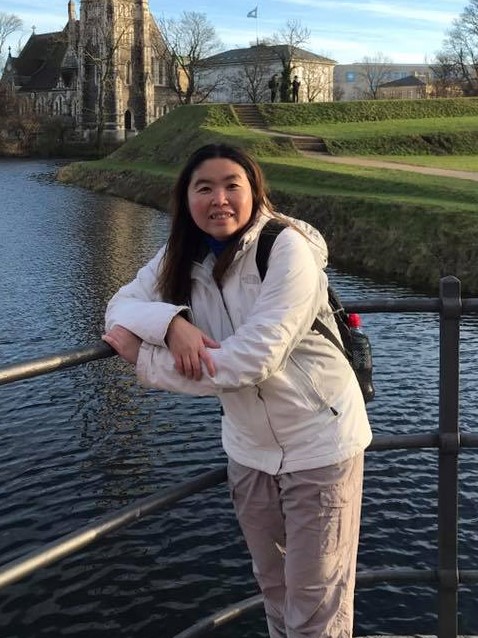
Tham Lai Mun
-
Alumni Family
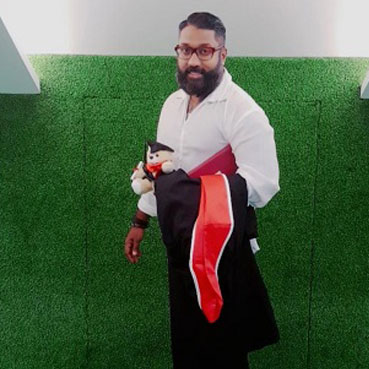
Vanan Govindasamy
-
Alumni Family
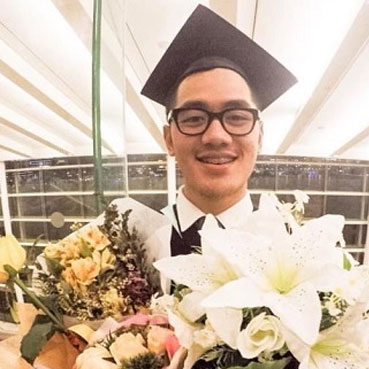
Reza Wibowo
-
Alumni Family
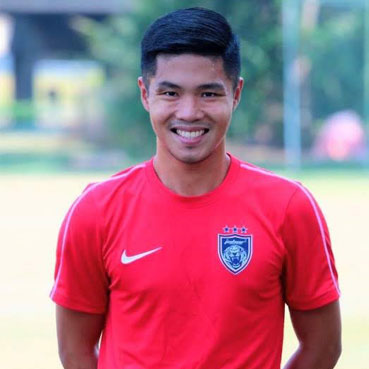
Bryan Yong
-
Alumni Family
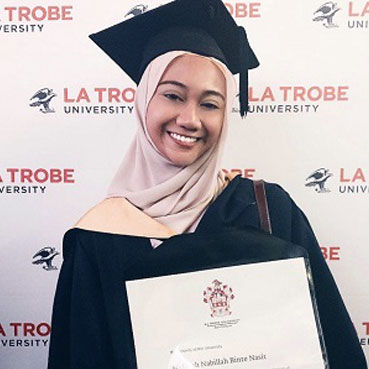
Hidayah Nabillah Binte Nasit
-
Alumni Family
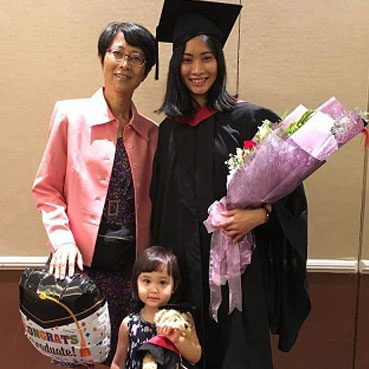
Desiree Seah
-
Alumni Family
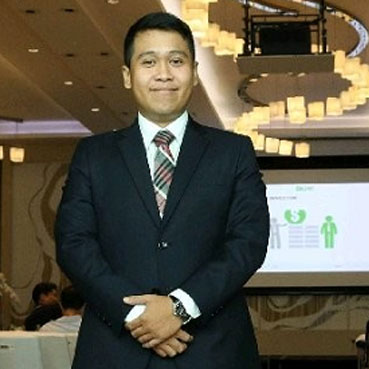
Le Vinh Thai
-
Alumni Family
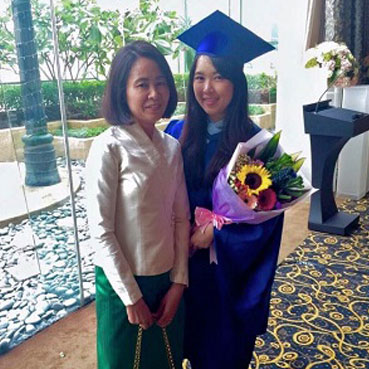
Pitiphone Thanh (Piti)




 TOP
TOP